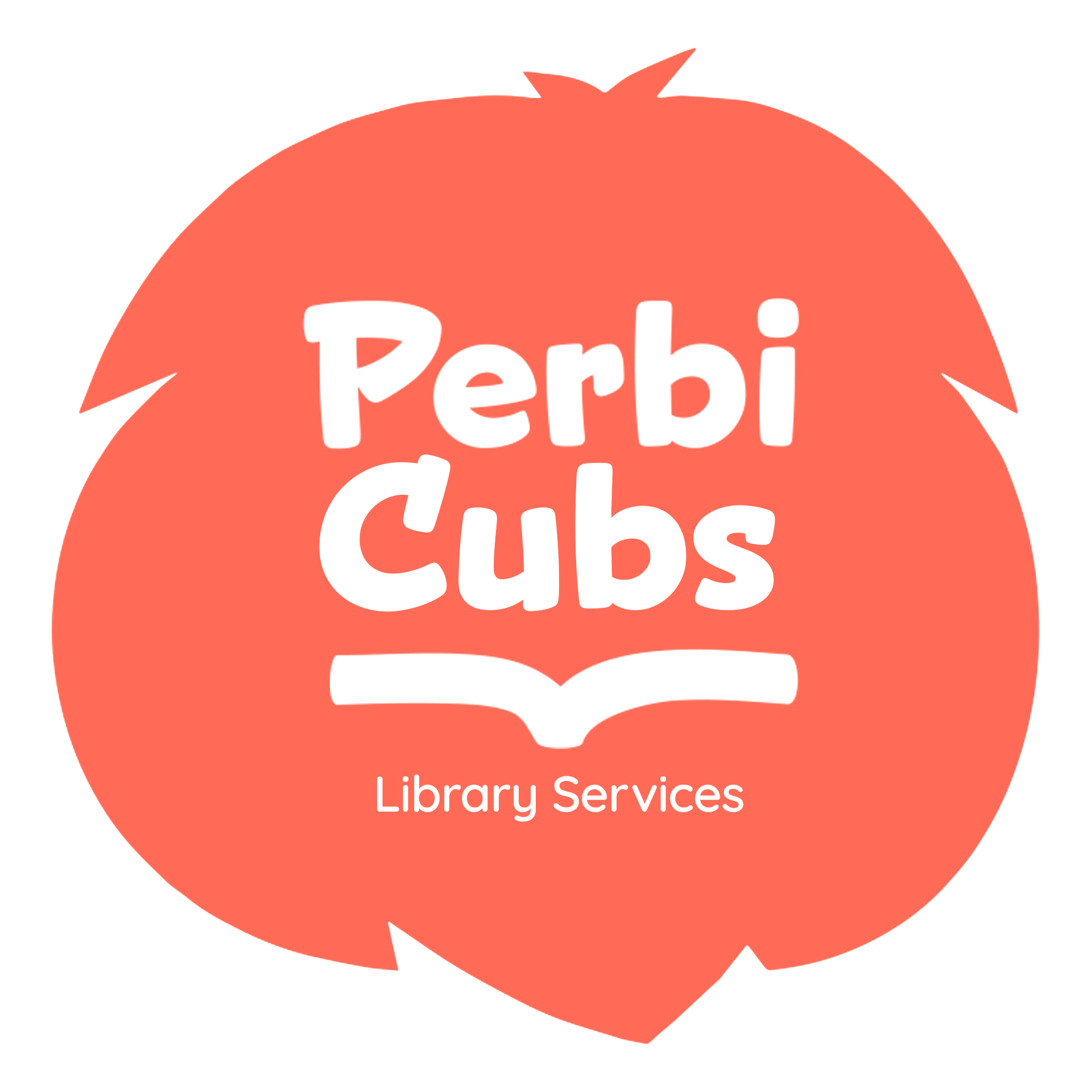Why We Do
What We Do
- Omnivorous reading in childhood and adolescence correlates positively with ultimate adult success. (Simonton, 1988)
- Avid readers demonstrate both superior literacy development and wide-ranging knowledge across subjects. (Allington, 2012; Hiebert & Reutzel, 2010; Sullivan & Brown, 2013)
- Independent reading is an essential practice, one that develops background knowledge, improves fluency and comprehension, heightens motivation, increases reading achievement, and helps students broaden their vocabulary. (Miller, D. & Moss, B., 2013)
- Unless children read substantial amounts of print, their reading will remain laborious, lacking fluency and limited in effectiveness. (Allington, R., 2012)
- The single most significant factor influencing a child’s early educational success is an introduction to books and being read to at home prior to beginning school. (National Commission on Reading, 1985)
- Students who don’t read proficiently by third grade are four times more likely to leave high school without a diploma than proficient readers. (www.aecf.org)
- Children between the ages of 10 and 16 who read for pleasure make more progress not only in vocabulary and spelling but also in math than those who rarely read. (Sullivan & Brown, 2013)
- Reading for pleasure is more important for children’s cognitive development between ages 10 and 16 than their parents’ level of education. (natlib.govt.nz)
- Reading enjoyment is more important for children’s educational success than their family’s socio-economic status. International Reading Association, (Moore et al, 1999, p.3 as cited by Clark & Rumbold, 2006).

